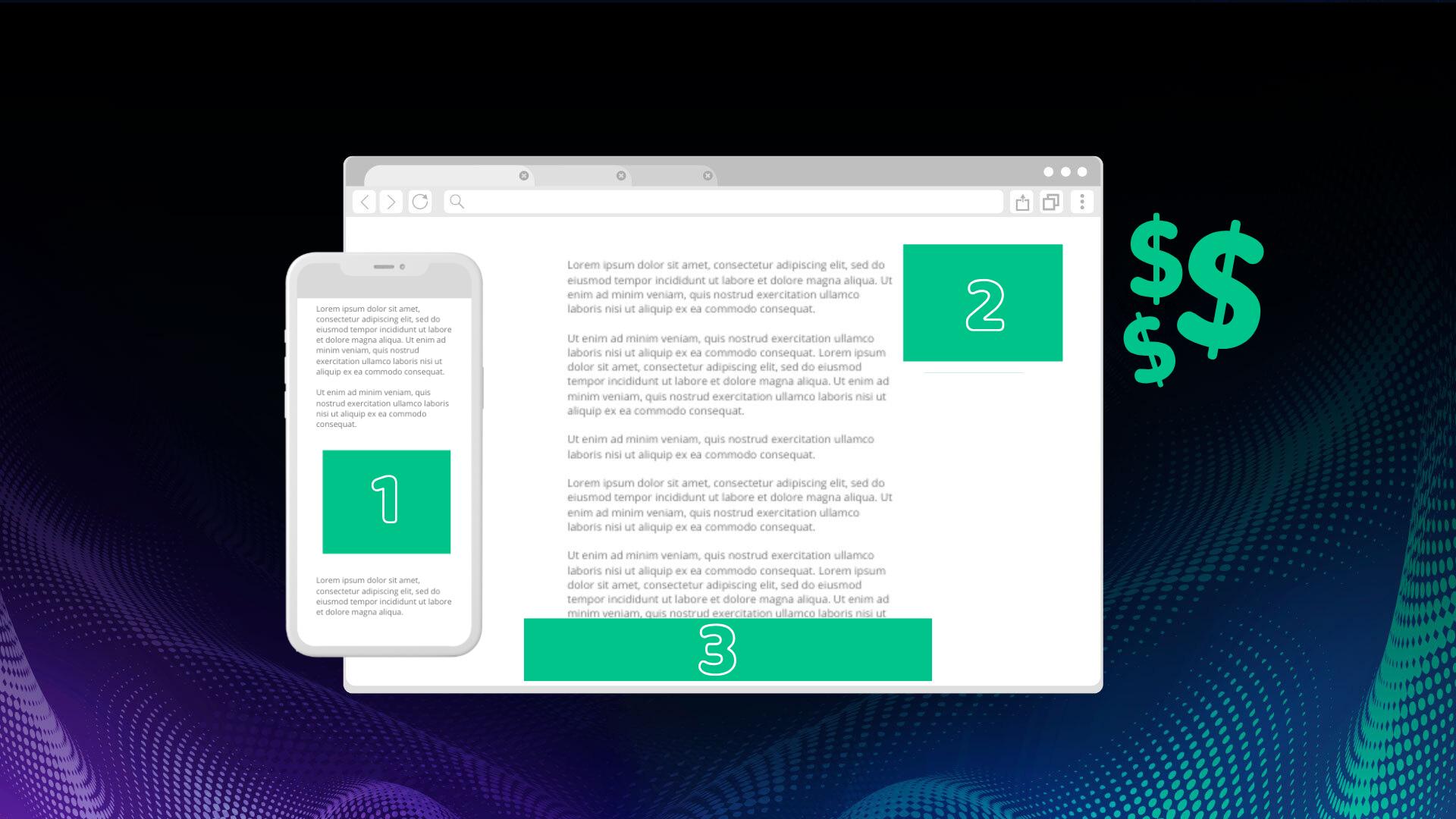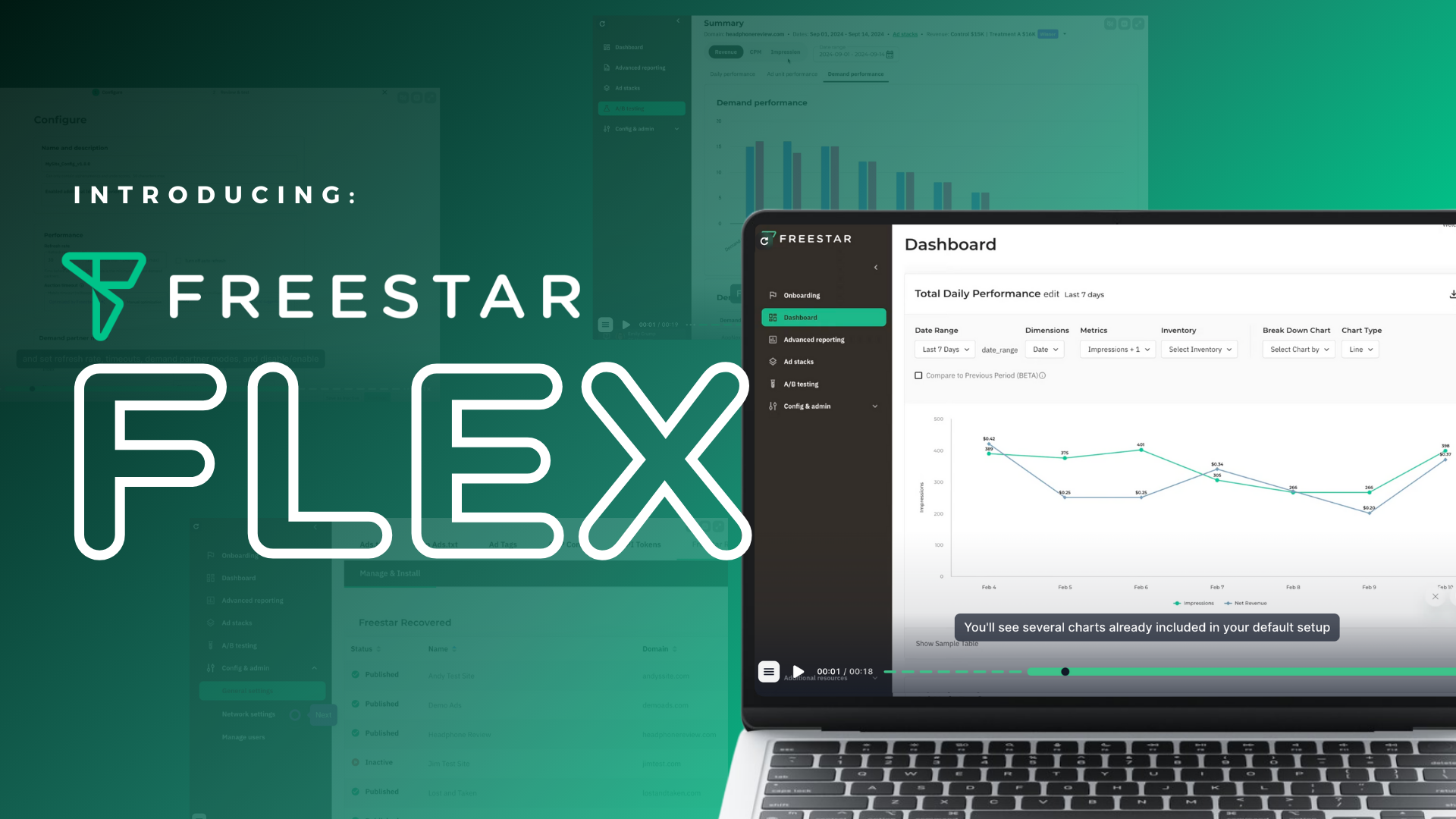Today’s post is written by Gummicube Co-Founder & CEO, Dave Bell.
Just a decade ago, there were only about half a million apps in the App Store and Google Play. Today, that number has skyrocketed to over 3 million on each of these platforms. As our phone usage increased, so has our willingness to use apps for everyday activities – activities that we would traditionally use other modes of technology, services and software for.
As the number of apps and competition on app stores rises globally, businesses, developers, and marketers must find effective ways to remain competitive. So what can developers and mobile marketers do to see long-term success in their mobile marketing efforts?
App Store Optimization – Powerful Organic Mobile Marketing
App Store Optimization (ASO) is the process in which an app can rank for relevant keywords, increasing potential for downloads from a more relevant audience. However, ASO is nothing like search engine optimization (SEO). This is a common misconception that leads many marketers and SEOs to use growth strategies that are not compatible with mobile.
However, the sheer volume of apps has placed a higher emphasis on effective modes of marketing them in the app store. With over 3 million apps on the market, mobile marketers and developers alike are often left scratching their heads as to what they can do to cut through the clutter.
Mobile marketing is often mistaken for paid marketing since many people believe the only effective way to see success on the app store is to invest in paid campaigns. User behaviors and app store algorithms don’t necessarily work like any other platform.
App store success depends on organic campaign marketing. Without it, any paid campaign might just be a dead end with pop-and-drop results. Organic success accounts for changing user behaviors (which change often, and fast).
The process of ASO involves the optimization of both metadata and creative app store assets. Both elements work symbiotically to carry the user through the marketing funnel serving two different purposes.
What is Metadata Optimization?
Have you ever wondered how users go from searching to downloading? Apple reports that 70% of all organic app downloads take place right at the search bar. Therefore, organic visibility is so crucial to maintain and build over time. Selecting the appropriate keywords is just a fragment of the full metadata optimization process.
Metadata is directly responsible for increasing visibility and conveying relevancy to both users and the app store algorithms. It is also an extremely crucial aspect of ASO as it contributes to paid ad campaign success. Many developers believe that through paid search campaigns alone, they’ll see long-term growth in the app stores; however, without organic foundations, these results are only temporary.
To fully understand how metadata optimization works in the context of ASO, we must first understand the role of metadata elements in the app store indexation process.
Depending on the app store platform, there are variances in how and where indexation occurs. Developers often think that both platforms index keywords the same way, but the Apple App Store and Google Play Store have different UI/UX elements that influence their indexation processes.
On Apple’s App Store, metadata indexation takes place in the title, subtitle and keyword bank. Reversely, Google’s Play Store “crawls” for keywords used in the app title, short description and full description. Unlike Google Play, Apple webs together keywords in the indexed metadata fields to build phrases. Google Play indexes keywords as they are written in the metadata fields.
Unlike in SEO, the number of keywords you influence in ASO can go up into the thousands. Additionally, metadata optimization is particularly sensitive to any changes in user search behaviors, external trends and events. Keyword targeting strategies and brand positioning are constantly evolving. Best practices in ASO like iteration and seasonality updates help developers account for these changes to maintain relevancy and visibility.
What is Creative Optimization?
Creative optimization is the process of optimizing creative app store assets.
This includes the optimization of screenshots, app icons, feature videos and feature graphics. Since creative elements do not get indexed in any way, they are directly responsible for increasing conversion rates.
While certain metadata elements can indirectly help increase conversion, creatives are the main drivers of conversion. Your creative assets serve as the business card of your app: with a single glance, you can showcase what makes it different from your competitors by providing a brief, yet effective value proposition.
Great creatives convey multiple things to a user at once, without overwhelming them.
However, creating stunning and effective creative assets is just part of the process. Similar to metadata, creative assets need to be updated over time to account for changes in user behavior and external events.
It is imperative that users are assured of value, reliability, and relevance throughout all creative elements at all times. Designing with purpose is the foundation of effective creative optimization. It establishes a rapport with your user even before they initiate a download. Thus, it is imperative to use A/B testing to determine the effectiveness of your creatives.
A/B testing creative assets is an ASO best practice that should never be ignored. Creating a data-driven thesis backed by true mobile data is foundational to testing any app store asset, whether it be creative or metadata. By using A/B Testing, we can find better ways of reaching our target audience in a way that resonates with them the most.
Overall
All things considered, ASO is foundational to all mobile marketing success. It allows us to build on the growth in a way that works symbiotically with the app store algorithm. It gives us a competitive edge on the app stores and a user-guided approach to growth unlike any other means of marketing.
About the Author
Gummicube Co-Founder & CEO, Dave Bell
Gummicube is a global leader in App Store Optimization with more than 11 years of experience optimizing and marketing apps. We offer the leading enterprise ASO technology and agency services, providing support to clients around the world. Our company is trusted by thousands of enterprise brands and leading startups including Microsoft, LinkedIn, Bethesda, SWEAT, GrubHub, McAfee and many others.





